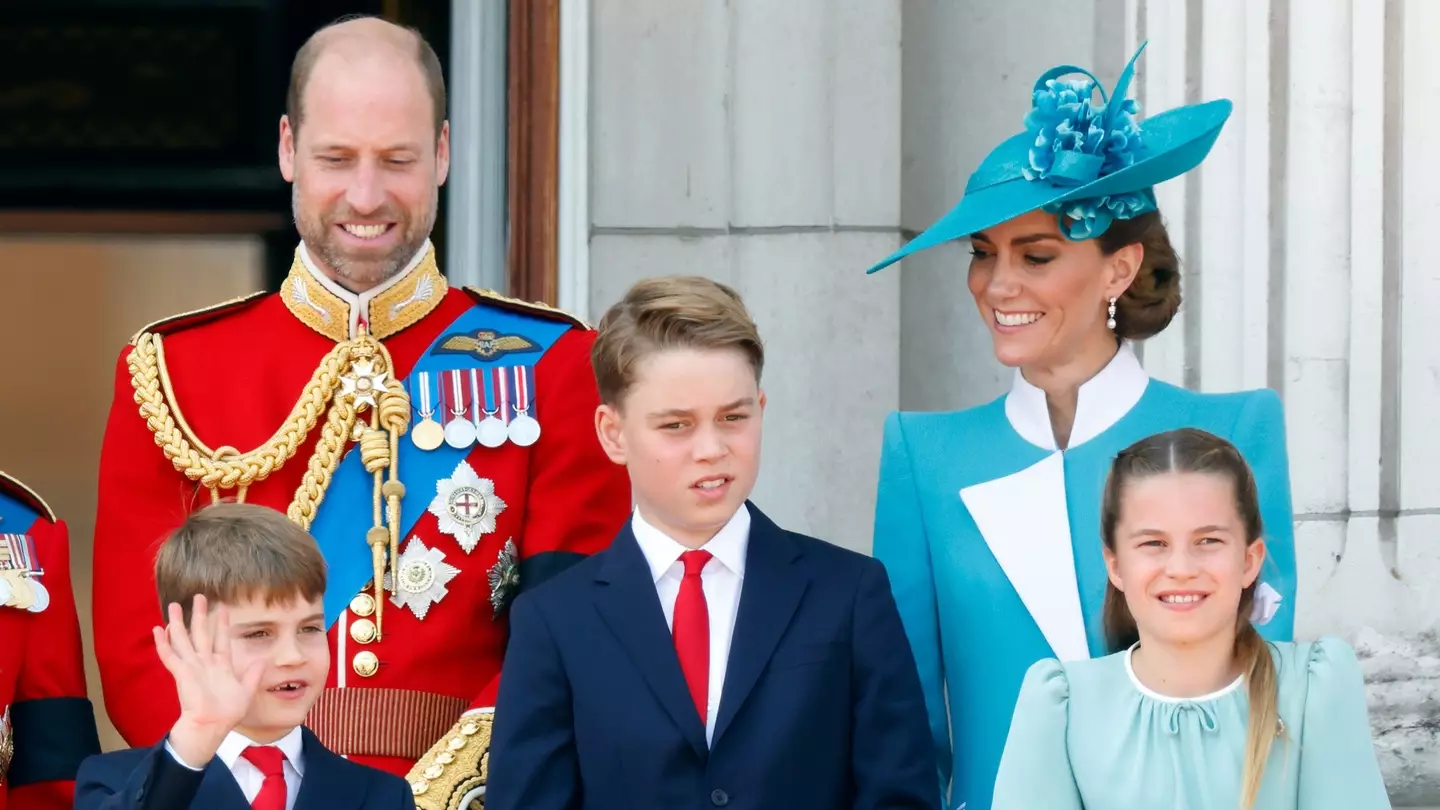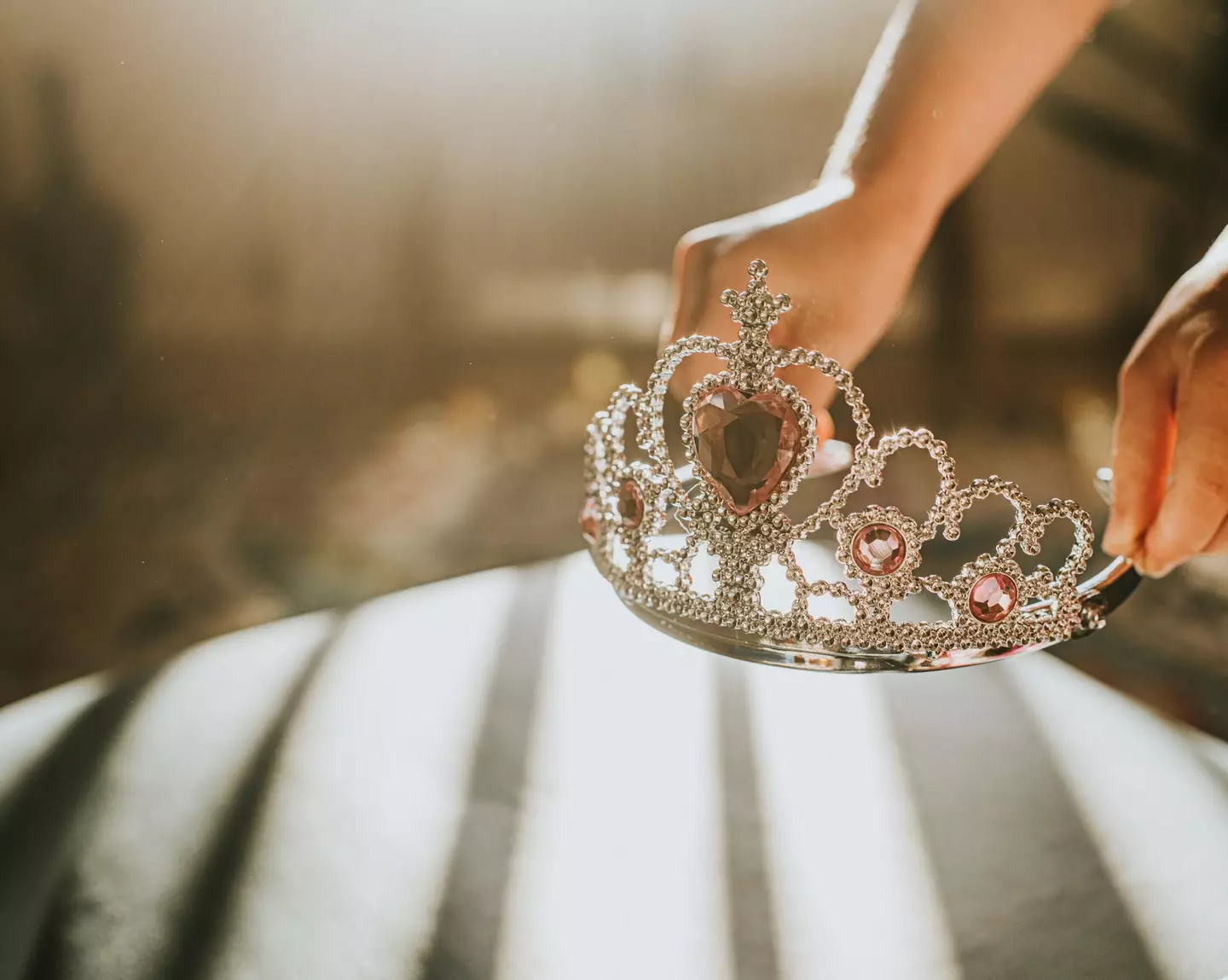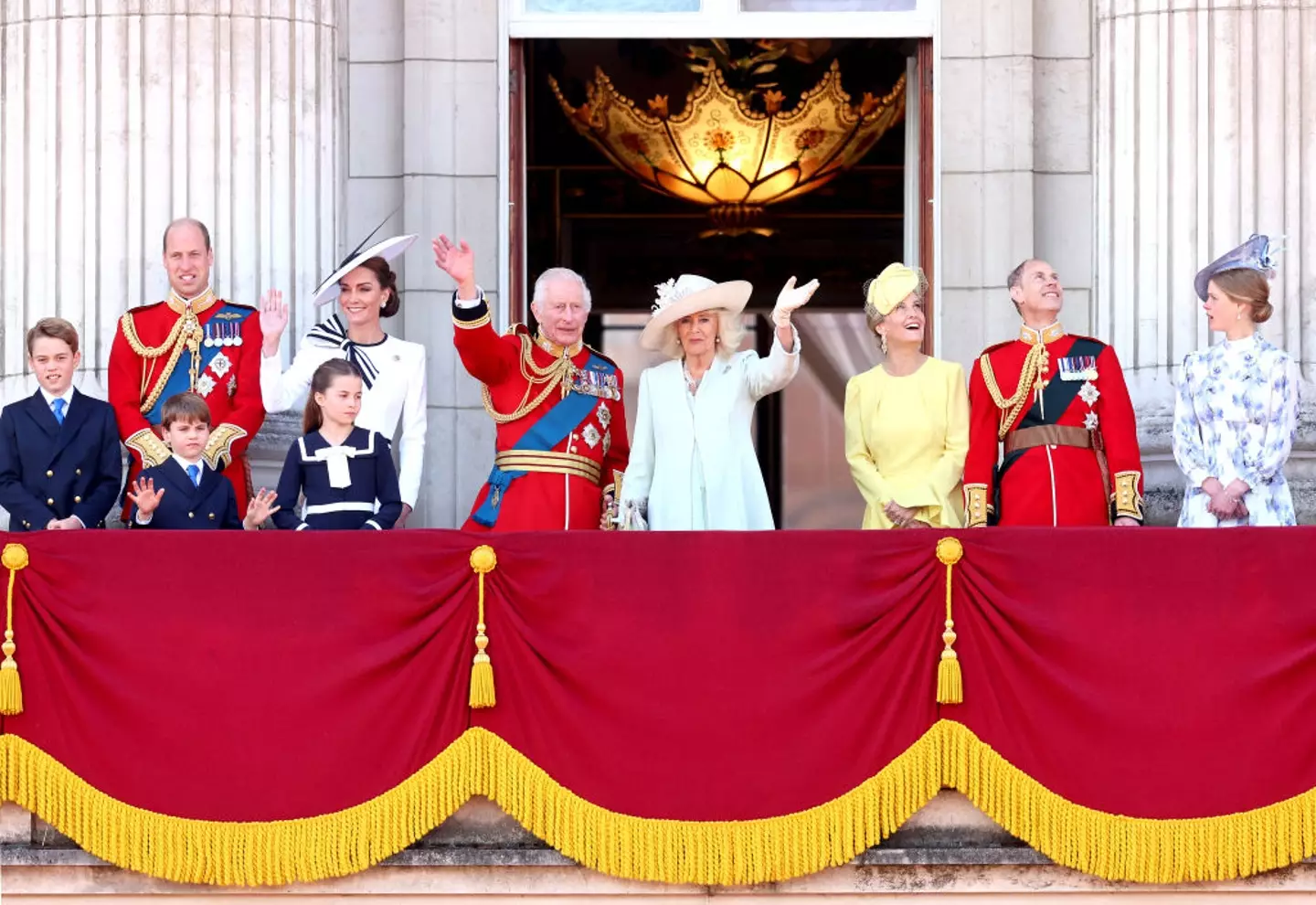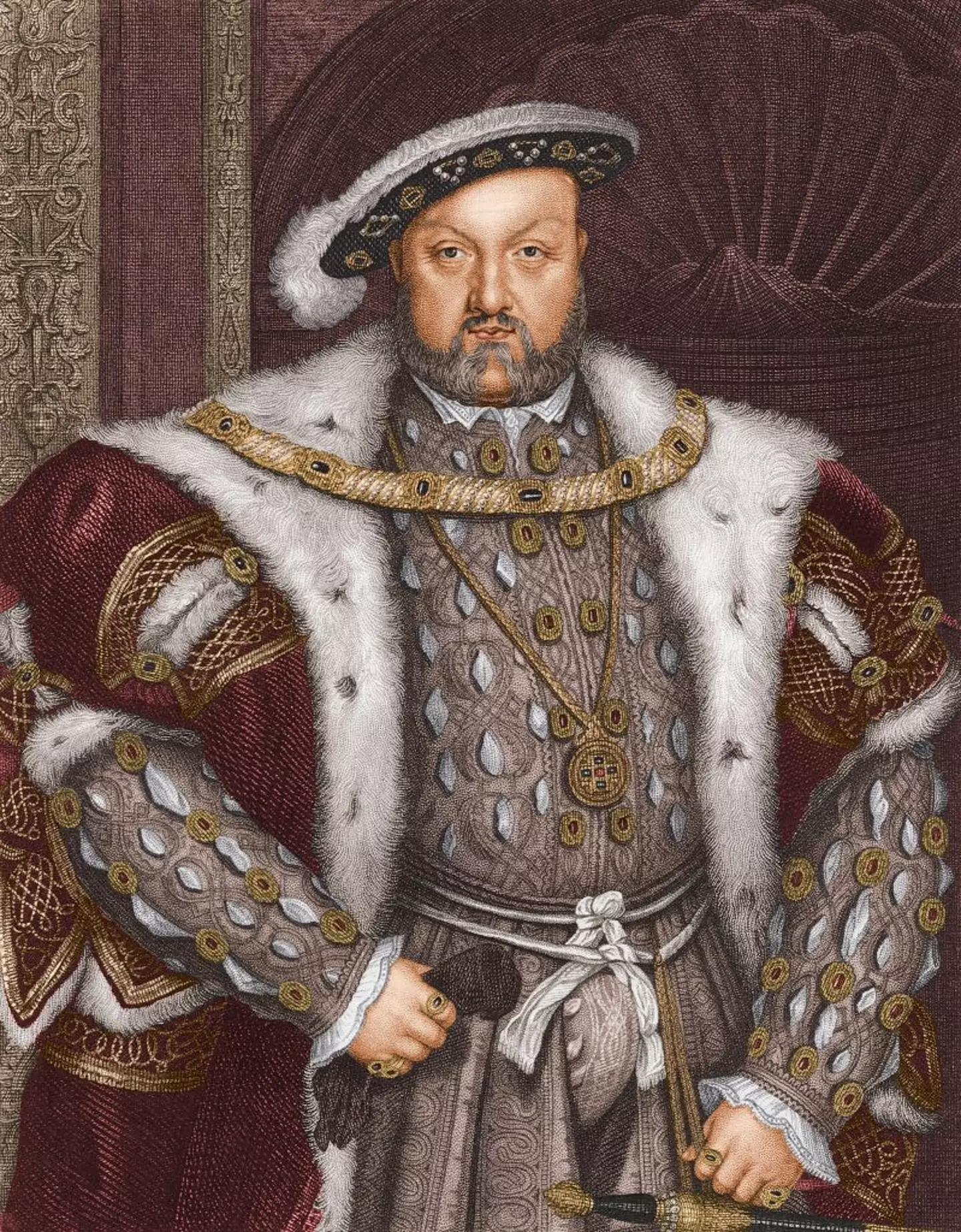
Ever thought you could be related to the likes of Prince William?
Since heritage sites became more readily available online, people have been able to explore their ancestry pretty easily.
Not only have these websites provided a useful tool for families looking to trace loved ones, but they've also helped others build their family trees and even match with relatives they didn't know they had.
Now, one site, MyHeritage, has revealed how you can find out if you're related to royalty.
Advert
Turns out, there are a total of 35 surnames that could indicate you're related to the royal family.
Some of them make total sense while others are quite surprising.

Windsor
This is one most Brits are probably most familiar with, as it has been the British royal family's name for over 100 years.
Tudor
Having a surname of 'Tudor' could mean you have royal blood. It's the same line that produced monarchs like Henry VIII and Elizabeth I.
Stuart
The Stuarts were a royal family that reigned in the UK between 1603 to 1714.
Plantagenet
The Plantagenets were a dynasty that ruled England for over 300 years, between the years of 1154 to 1485.
Capet
The House of Capet ruled France between 987 to 1328. The dynasty is one of the largest and oldest in Europe.
Bourbon
The House of Bourbon was a European royal house, mainly associated with France and Spain, however, it originated from the Capetian dynasty.
Habsburg
The Habsburg dynasty was one of the most powerful and ruled for centuries in Europe until 1918.
Hanover
The House of Hanover ruled Great Britain and Ireland from 1714 to 1901.
Valois
As a branch of the House of Capet, the Valois dynasty ruled France from 1328 to 1589.
Lancaster
The House of Lancaster ruled in the 15th century and produced three kings of England—Henry IV, Henry V, and Henry VI.
York
The House of York also ruled in the 15th century, having overthrown the House of Lancaster. It provided three kings of England—Edward IV, Edward V, and Richard III.
Bruce
The Bruce family were from Scotland and of Norman French descent. They ruled in the 14th century.
de Valois
The House of Valois was a branch of the Capetian dynasty in France and produced several kings.
de Medici
The Medicis were an Italian family that ruled Florence and later, Tuscany from 1434 to 1737.

Savoy
The House of Savoy ruled in Italy between 1861 and 1946.
Orange-Nassau
Orrange-Nassau is the Dutch royal family, which goes back to 1544.
Oldenburg
The House of Oldenburg is a German dynasty which has ruled in several countries across Europe, including Denmark and Iceland.
Glucksburg
The House of Glucksburg currently rules in Denmark and Norway.
Romanov
Romanov was the last imperial dynasty to rule in Russia.
Baskerville
Baskerville is an ancient name that can be traced back to several royals including the Emperor Charlemagne and Hugh Capet King of France.
Darcy
For centuries, the surname Darcy has been associated with nobility and landowners.
Neville
The House of Neville has medieval origins and was a powerful and influential English noble family, in the Middle Ages.
Percy
Percy is an aristocratic English name.
Astley
Astley is also an aristocratic surname in England, with members having various titles including baronets and barons.
Capell
Capell is another noble surname in England, that has historical ties to aristocracy. Its history dates back to the 15th century.
Howard
An aristocratic family in the UK. The Howard family was founded by John Howard, who was made Duke of Norfolk by King Richard III of England in 1483.
Seymour
Jane Seymour was the third wife of Henry VIII.
Grey
The name Grey is associated with several prominent families in England over the centuries.
FitzAlan
The FitzAlans were a powerful medieval family and descended from William Fitz Alan, Lord of Oswestry.
Courtenay
The name Courtenay has links to English and French royalty.
Manners
Manners is a British surname and has strong links to aristocracy. It was also the name of the Dukes of Rutland.
Russell
Originating in Normandy, the surname Russell is connected to the Dukes of Bedford and has links to Scottish and English nobility.
Cavendish
Cavendish was the surname of the Duke and Duchess of Devonshire.
Talbot
The surname Talbot is an ancient name from a family originating in Normandy.
The family has held the earldoms of Shrewsbury and Waterford for centuries.
Spencer
Spencer was Princess Diana's surname and has links to the British royal family.

Of course, these names don't mean you're definitely related to the royal family, but it's a good place to start if you're looking to find out more about your ancestry.
Topics: News, UK News, Royal Family